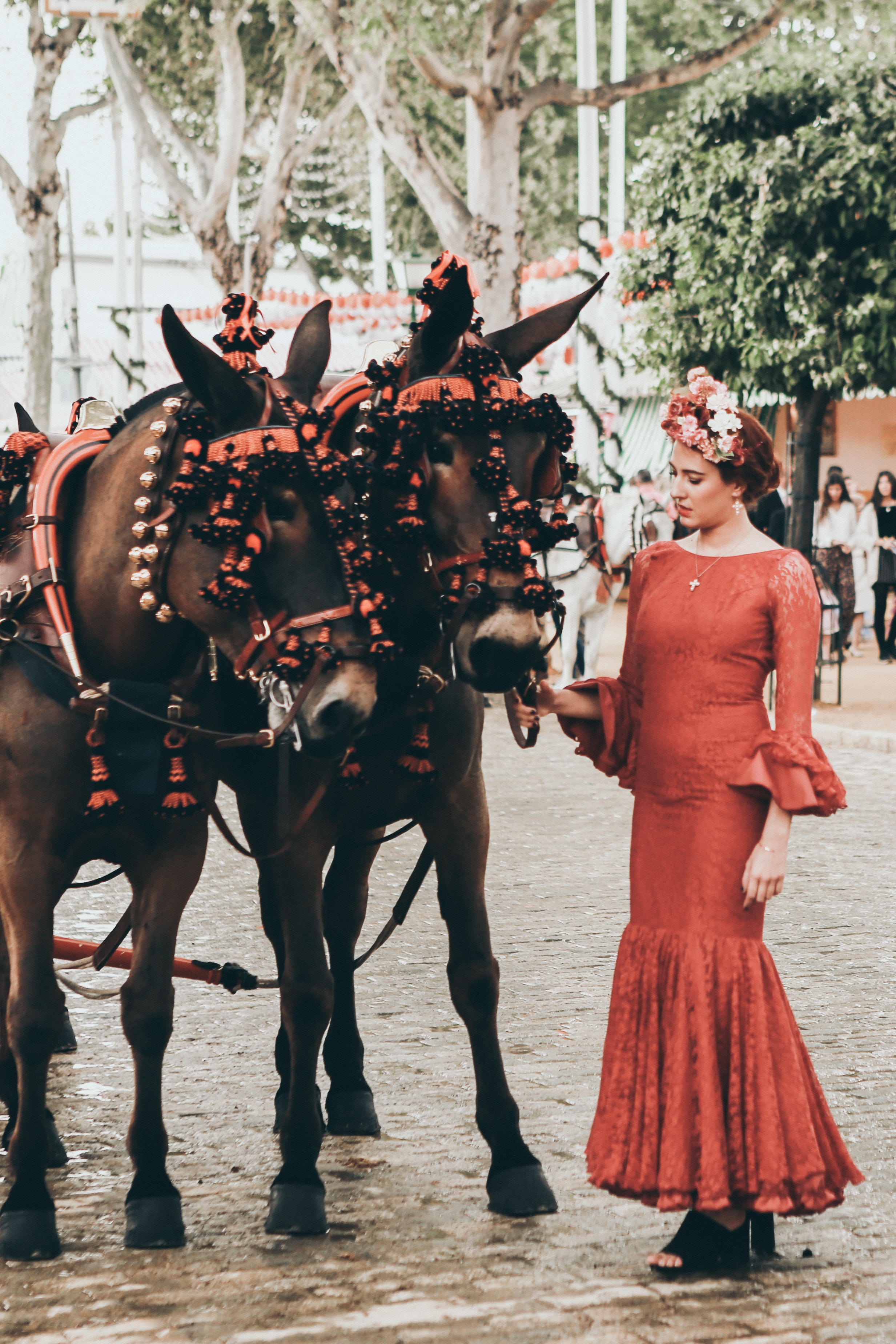
Spanish experience: The most interesting holiday celebrations in Spain
Living abroad comes with a lot of challenges and cultural shocks. Holidays and festivals are vivid presentations of the characteristics, values, and beliefs of people living in the same country. Therefore, getting to know the festivals is a good way to learn about the country´s history. In this article, we will talk about the most interesting holiday celebrations in Spain for your reference.
Contents
1. Festivals related to Catholicism
2. Festivals related to Spanish traditions
3. Festivals: passion, craziness, and fun
1. Festivals related to Catholicism
Like other Catholic cultures, a lot of holidays originated from the bible and other related stories. Accordingly, Navidad (Christmas), Día de Los Tres Reyes Magos (Day of the three kings), and Semana Santa(Holy Week) are among the most important celebrations.
- Navidad (Christmas): Christmas lights, markets, and gifts are always the best part of the celebration! But apart from that, you can also spot different traditions across the country.
- Set up a belén: It's typical to set up a scene of the birth of Jesus during the Christmas season. Faithful Spanish families usually set up one in their house, and the government might also set up one in a central plaza or cathedral.
- Turrones: The most famous Spanish sweets during Christmas. It's typically a tablet-form dessert made of almond, chocolate, mazapán, or other typical ingredients.
- Other mysterious celebrations include Caca tío(a Catalan Christmas tradition: a log poops candy at Christmas for good kids)
- Semana Santa: As the name indicates, the celebration might last for a week. Many people will parade on the streets in religious costumes to commemorate the sufferings and death of Jesus.
- Los tres Reyes Magos (Epiphany, Day of the three kings): Although this is a public holiday, this is basically a celebration for Spanish kids. In Spain, kids don't often write to Santa Claus, instead, they write to the three kings that once gave gifts to the Christ Child. The three kings, Melchior, Caspar, and Balthazar will give gifts to the good kids.

2. Festivals related to Spanish traditions

Besides the Catholic festivals, there are other holidays with a clear representation of the one and only Spanish cultures, such as Feria de Abril and San Fermín. They are usually seen as the traditional symbols represented by the region and the culture behind it.
- Feria de Abril: If you love Flamenco or Sevillana, you certainly cannot miss this celebration every April in Andalusia! Imagine that you can see well-dressed men and women riding in horse-drawn carriages and performing flamenco on the streets. Or you can enjoy the typical meals served in each caseta (tent set up for the celebration)

- San fermín: This is a very controversial festival taking place in Pamplona in early July. The theme of the festival is los toros (the bulls). The festival is translated as the Bull Run, making you feel the tension even by simply knowing the name.

3. Festivals: passion, craziness, and fun
Many people say that the Spanish people are passionate and funny. This statement might be over-representative, but they do have some very interesting festivals, combined with passion and crazy ideas. In this section, we will introduce three emblematic festivals: las fallas and la Tomatina
- Las fallas: The famous bonfire feast of Valencia drives thousands of tourists to the city annually. The festival happens for several nights in mid-March, with giant sculptures, made with paper. These extravagant artworks will form parades in the city and will be burnt on the last night of the festival. Each year, several selected sculptures are saved from the fire to be presented in the museum. This seemingly crazy action is a celebration of destruction and the rebirth of creativity. Some people also interpret it as a protest against the things being burnt.
- La Tomatina: Each year, many foreigners or Spaniards go to Buñol to celebrate this crazy festival with tomatoes. People throw tomatoes at each other and paint the whole world red. They throw, they scream and they party, all in a small town near Valencia!

After these explanations, you might have an idea about the Spanish celebrations and have gathered a list of things that you have to do during your stay in Spain. If you want to come to visit Spain from outside the EU, applying for a visa is key! Our expat insurance is Spanish visa insurance (also known as Spanish NIE insurance or TIE insurance) with the best-rated healthcare service and the highest customer satisfaction rate. We secure your health and cover you wholeheartedly during your stay here in Spain. We are a multilingual team that can communicate and relate with you as we were new to Spain at one point. Come and talk to us!
If you like to know more about living in Spain, click one of these blogs below:
- The best places to live in Spain for Expats with different needs
- Curious facts you need to know before moving to Spain
- Cost of living: Is it cheap to live in Spain?
- Reside in Spain: live a unique Mediterranean life
- Guide to Spanish holidays for Expats
Our content will be updated according to the most recent legislation.